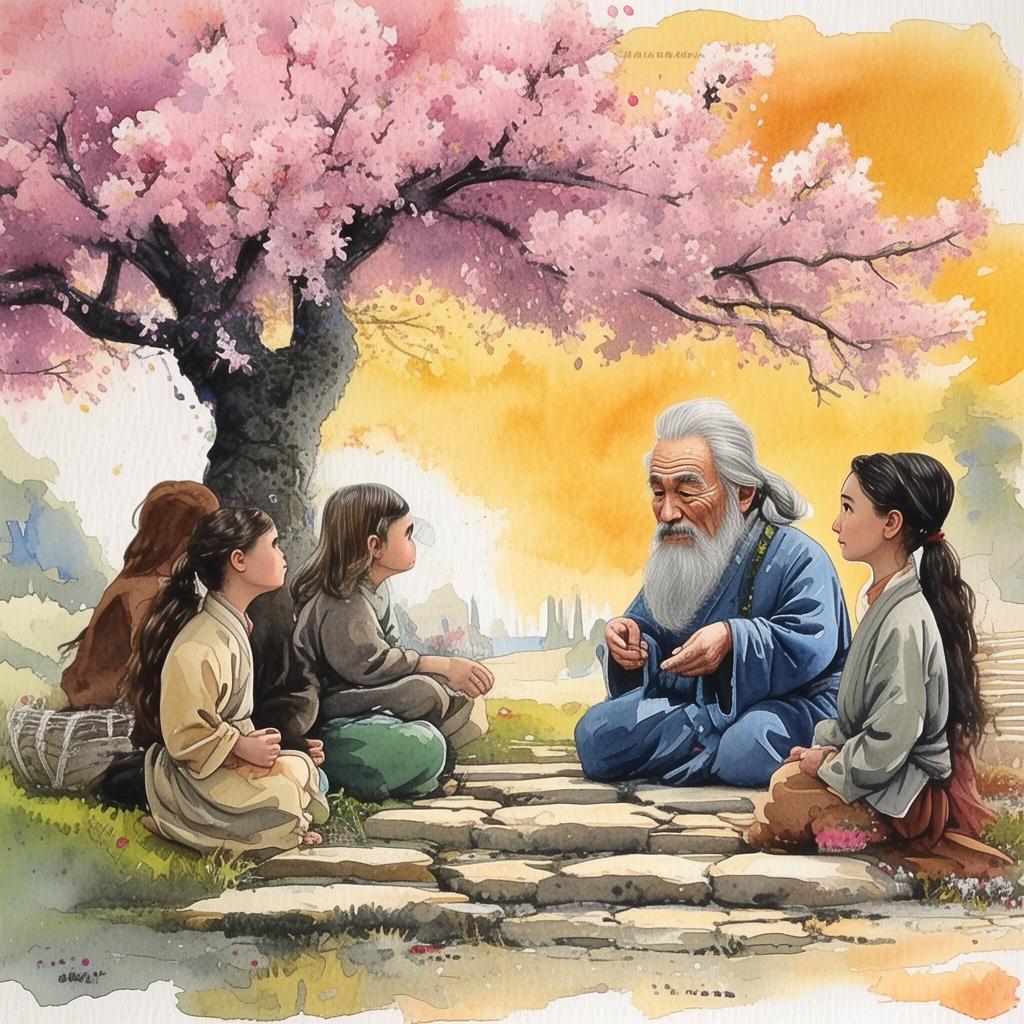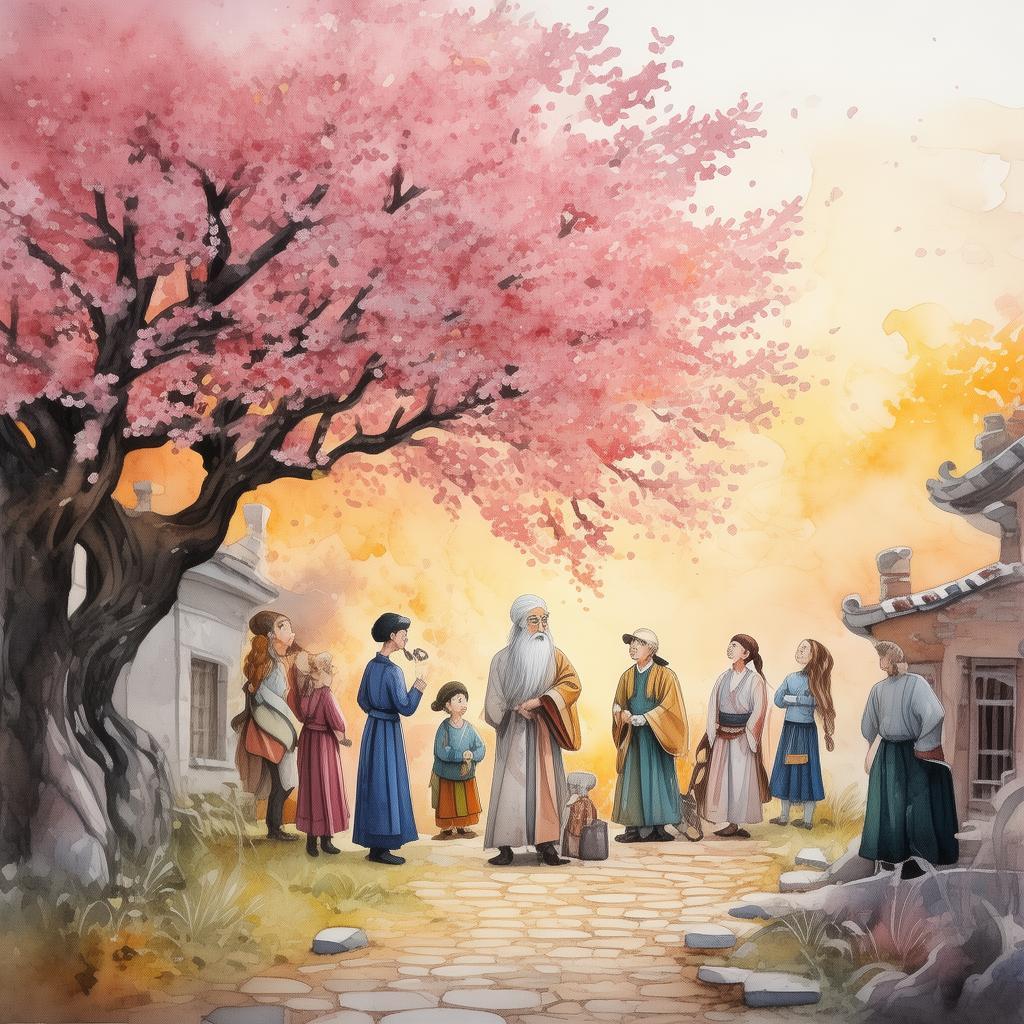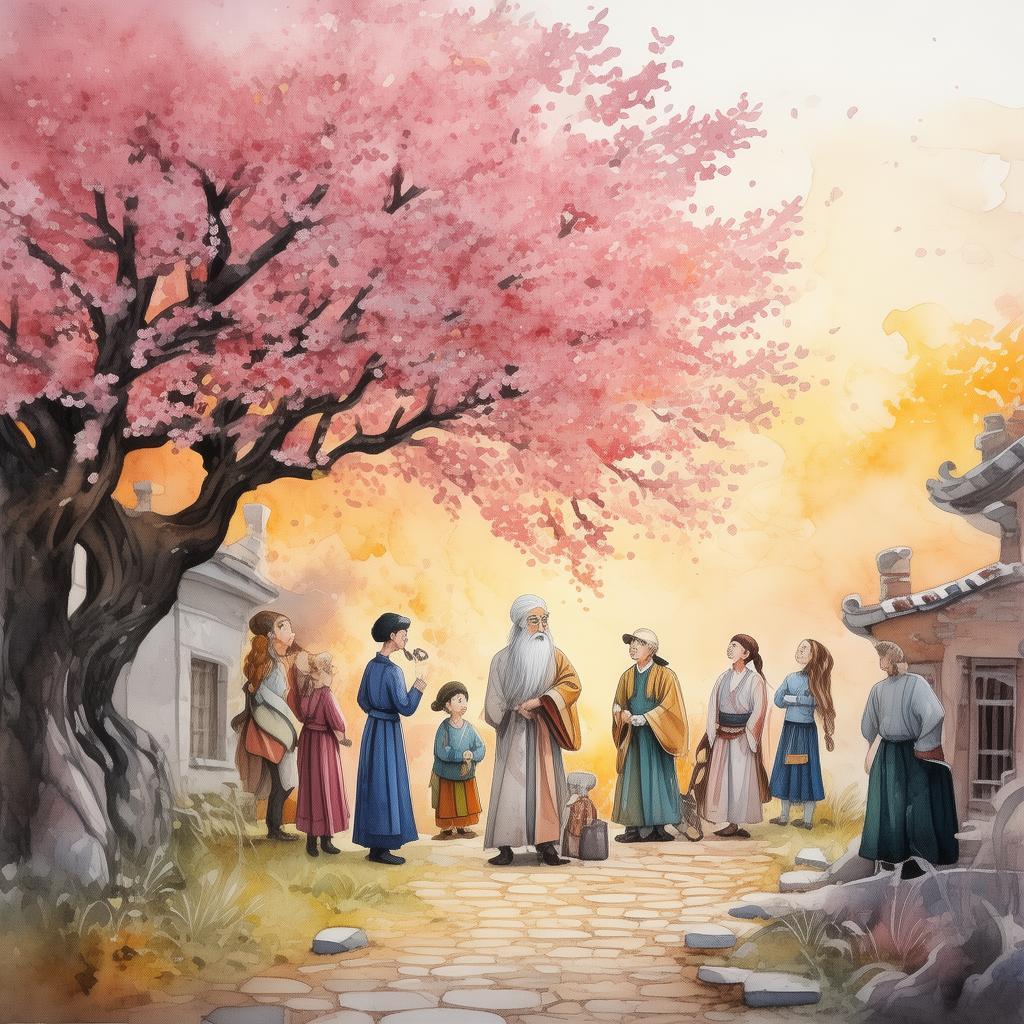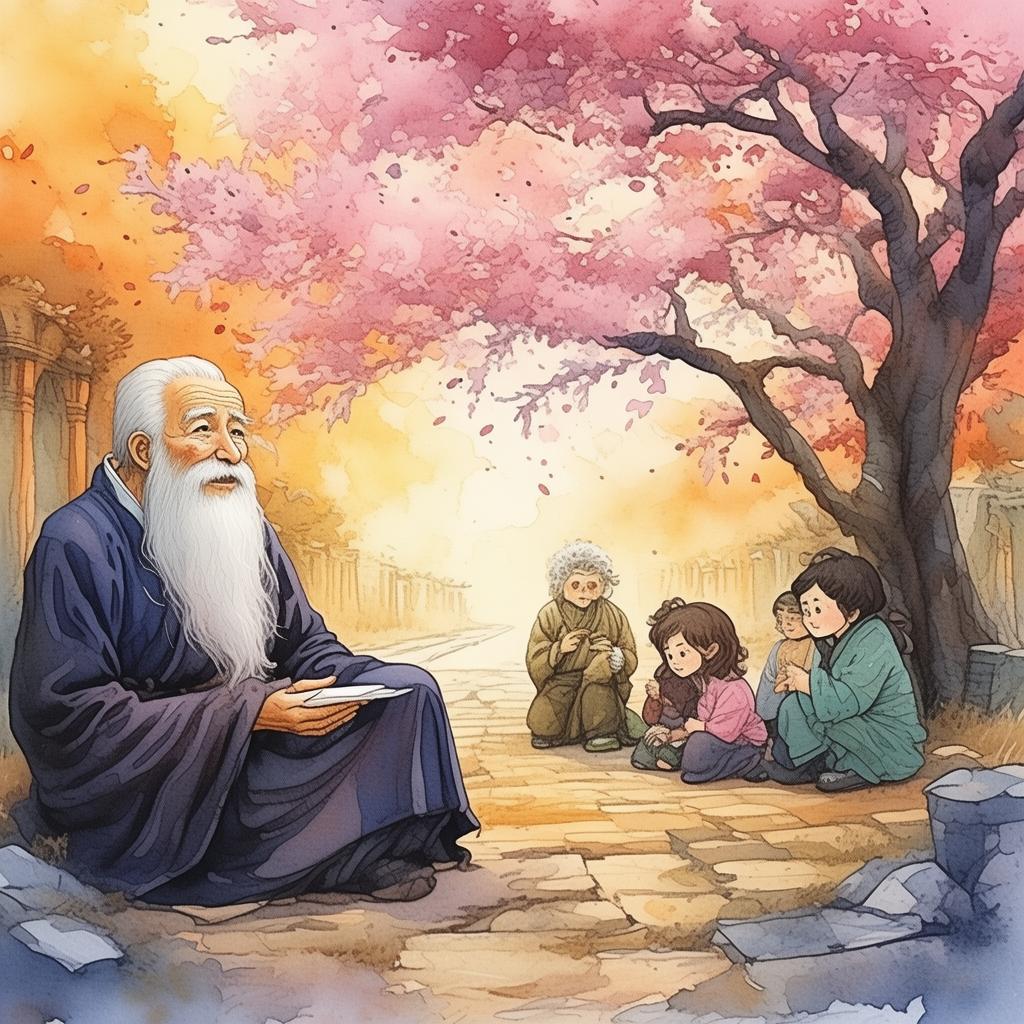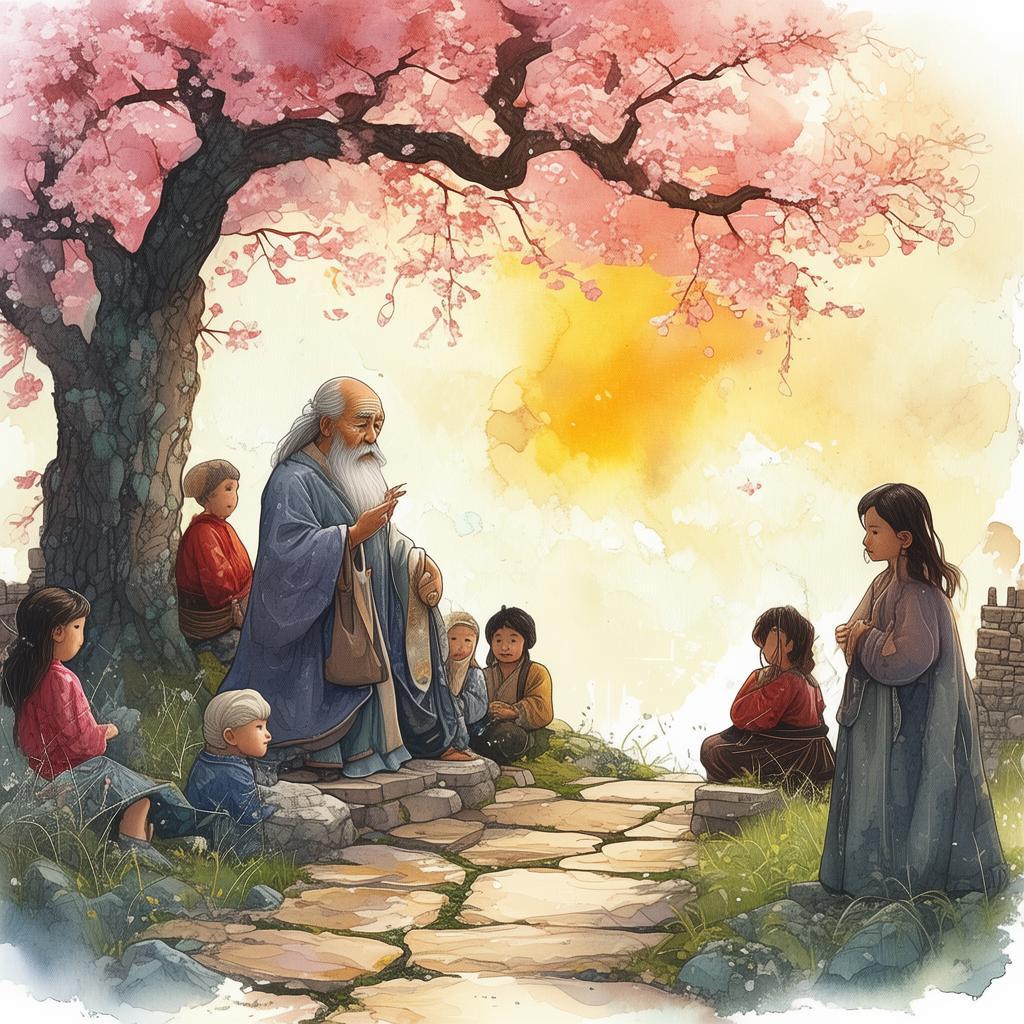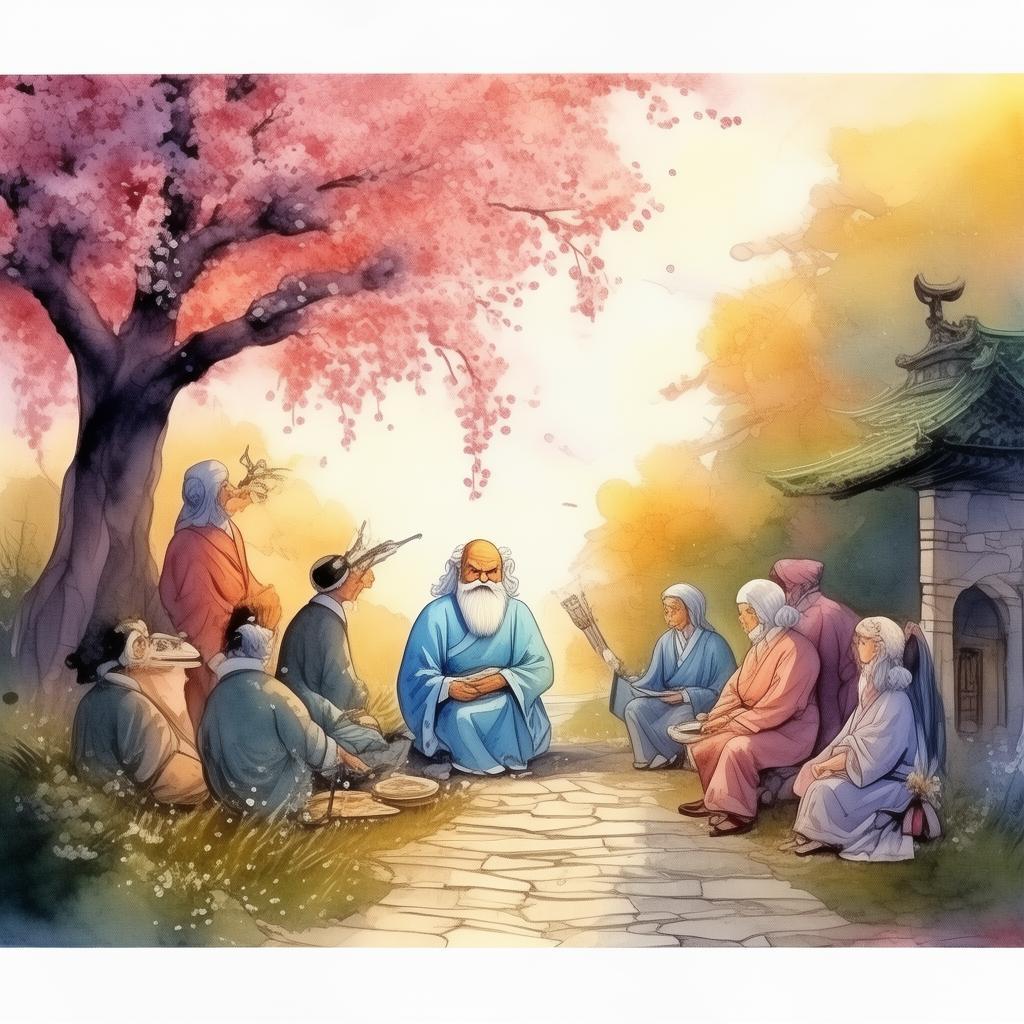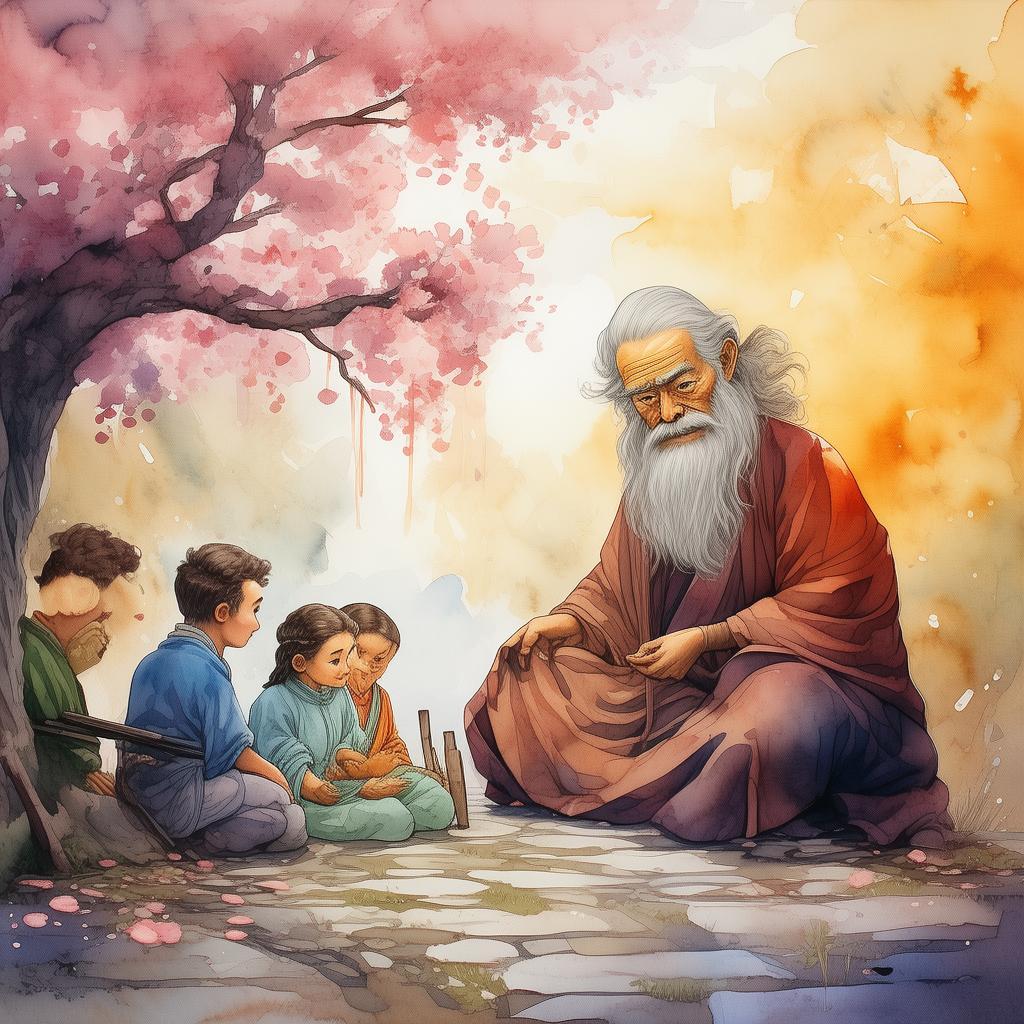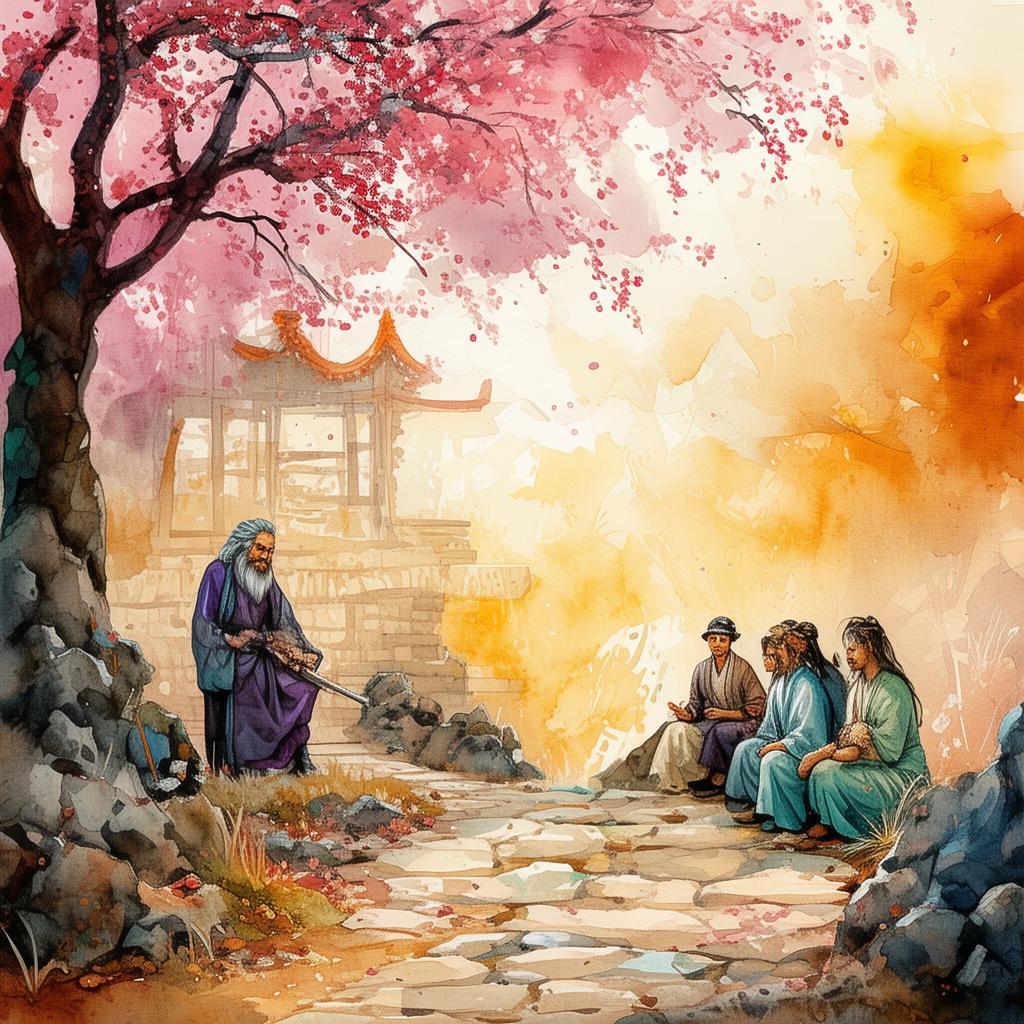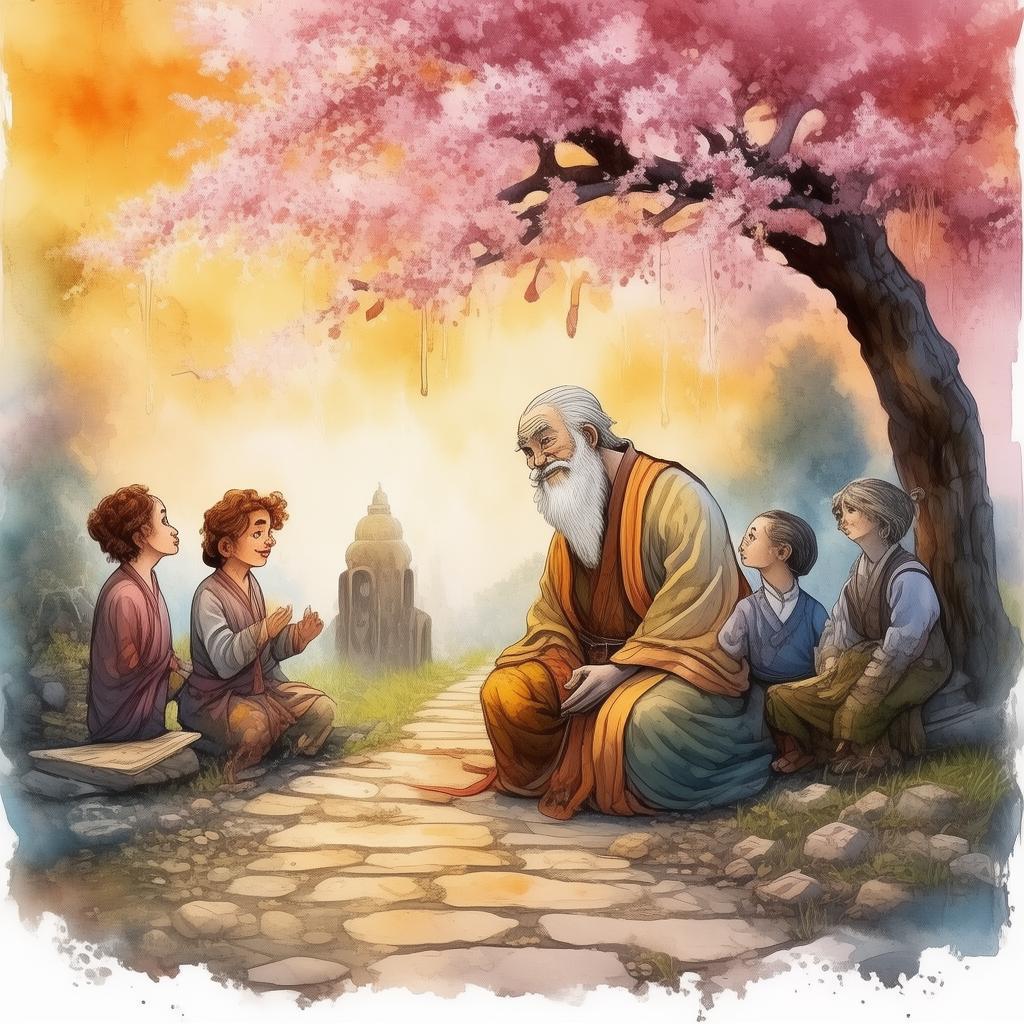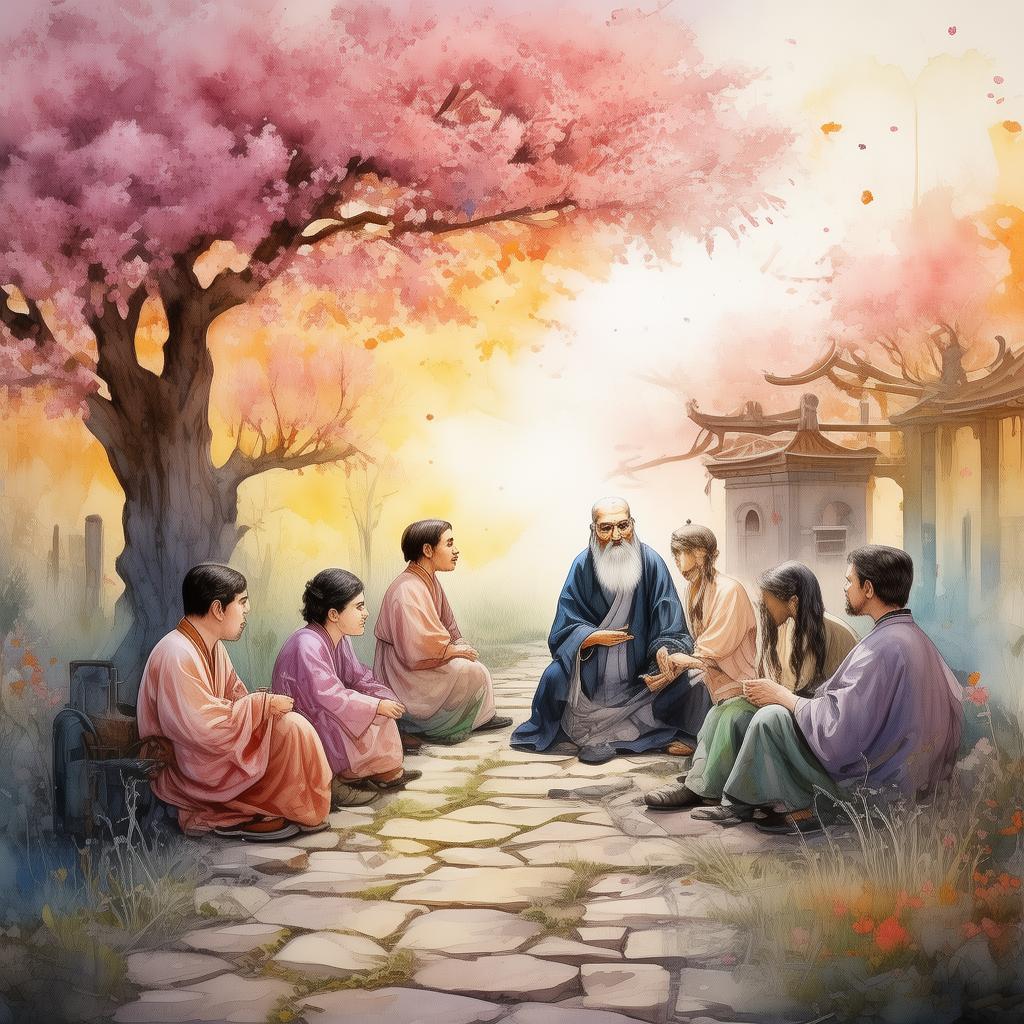Time's Tether: The Clockwork Conscience
The year was 2147, in the city of Chronoopolis, where time was as much a currency as anything else. The city was a marvel of engineering, its buildings and streets synchronized to a clockwork precision that ensured the perfect flow of life. The people of Chronoopolis were bound by Time's Discipline, a set of rules that dictated every aspect of their daily routines, from waking hours to sleep. At the heart of this society was the Central Clock, a colossal, intricate mechanism that kept the city ticking.
In the midst of this ordered existence lived a man named Kael. A former inventor, Kael had once designed the very gears and cogs that made Chronoopolis run. He was a revered figure, his innovations shaping the city into what it was today. But as he grew older, he found himself increasingly at odds with the strictures of Time's Discipline.
One evening, as the moon cast a pale light over Chronoopolis, Kael found himself standing outside the Central Clock, his eyes fixed upon the massive, glowing face of the timepiece. The clock was a marvel, but to him, it was a symbol of the loss of personal freedom. It was then that he made a fateful decision: he would dismantle the Central Clock, restore the people's autonomy, and challenge the very fabric of their society.
As Kael began to work on the Central Clock, he found himself facing a moral paradox. On one hand, he believed that he was doing the right thing by freeing his fellow citizens from the shackles of Time's Discipline. On the other, he knew that his actions would disrupt the delicate balance that kept the city running. He was torn between his loyalty to his city and his personal beliefs.
Word of Kael's activities soon spread, and he found himself in the crosshairs of the city's enforcers, known as the Temporal Watch. The Watch was a strict organization tasked with maintaining order and ensuring that everyone adhered to the rules of Time's Discipline. Kael knew that his defiance would not go unpunished.
In a tense confrontation, Kael was confronted by the leader of the Temporal Watch, a woman named Elara. "You cannot dismantle the Central Clock," Elara declared. "It is the heart of our society. Without it, Chronoopolis will collapse."
Kael stood his ground. "Then we must rebuild it on a new foundation, one that respects the individual's right to choose their own path."
Elara sighed, her eyes reflecting the weight of the decision she had to make. "You are a brilliant man, Kael. But your actions have consequences. The Temporal Watch will not stand by and let you destroy everything we have built."
Kael's mind raced. He knew he had to act quickly. He approached Elara and whispered, "There is a way. We can restore the Central Clock, but it will require a sacrifice. The people must come together and decide their own fate."
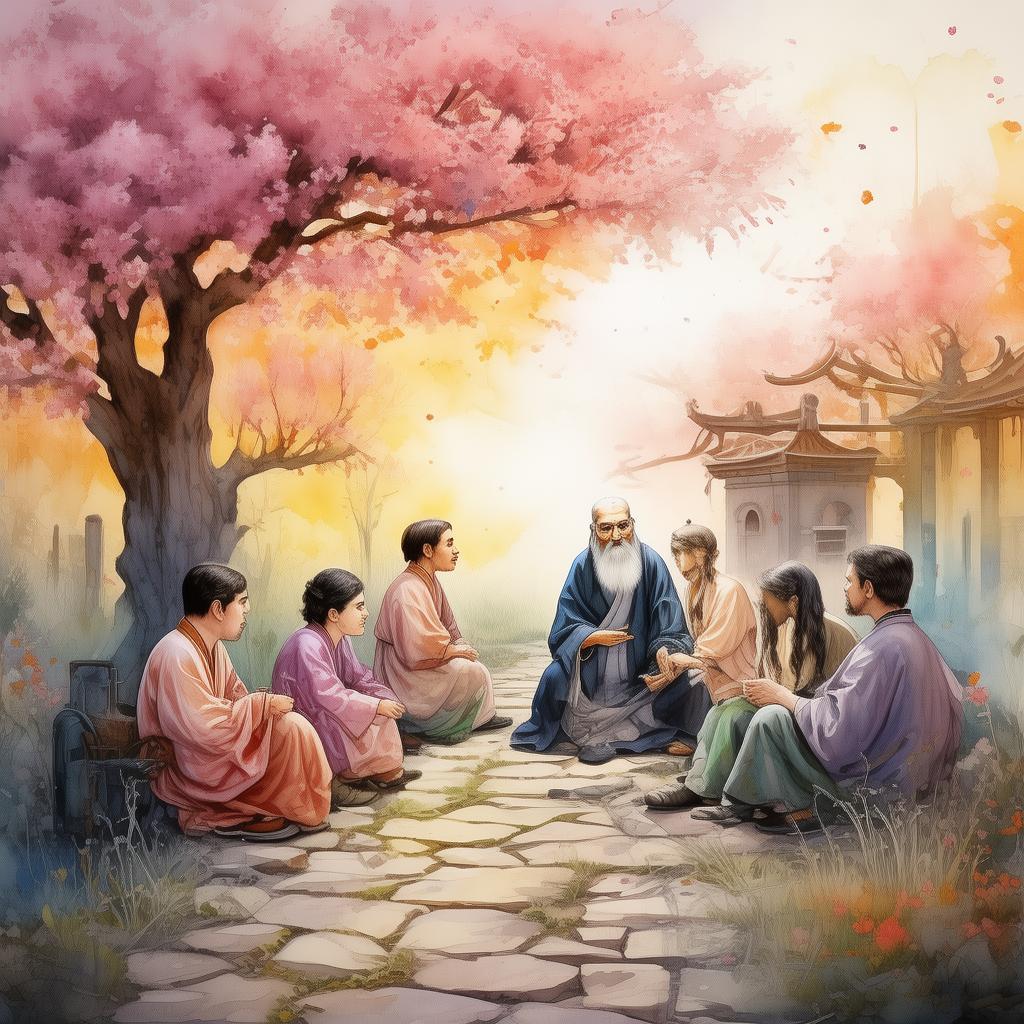
Elara's eyes widened. "You mean a vote? A people's choice?"
Kael nodded. "Yes. The Temporal Watch must be dismantled, and a new council formed. The people must have a say in how they live their lives."
Elara looked at Kael, seeing the hope in his eyes. "Very well, Kael. We will hold a vote. But if the people choose to keep the Central Clock, we will enforce its rules with even greater vigilance."
The vote was held, and the people of Chronoopolis gathered in the city square. The air was thick with anticipation as the vote was counted. In the end, the majority decided to keep the Central Clock, but with the understanding that it was a tool for their own governance, not a tyrant.
Kael watched as the Central Clock was reassembled, now with a new purpose. He had achieved his goal, not by destroying the clock, but by giving the people the power to decide their own fate.
As the years passed, Chronoopolis thrived. The Central Clock continued to tick, but now it was a symbol of freedom and self-governance. Kael, though often in the shadows, was a silent guardian of the city's values, his legacy lived on in the heart of every citizen.
In the end, Kael's story became a testament to the enduring power of choice and the human spirit's ability to adapt and evolve. It was a story that would echo through the ages, a reminder that the true measure of a society is not the clock it keeps, but the heart it beats with.
✨ Original Statement ✨
All articles published on this website (including but not limited to text, images, videos, and other content) are original or authorized for reposting and are protected by relevant laws. Without the explicit written permission of this website, no individual or organization may copy, modify, repost, or use the content for commercial purposes.
If you need to quote or cooperate, please contact this site for authorization. We reserve the right to pursue legal responsibility for any unauthorized use.
Hereby declared.
